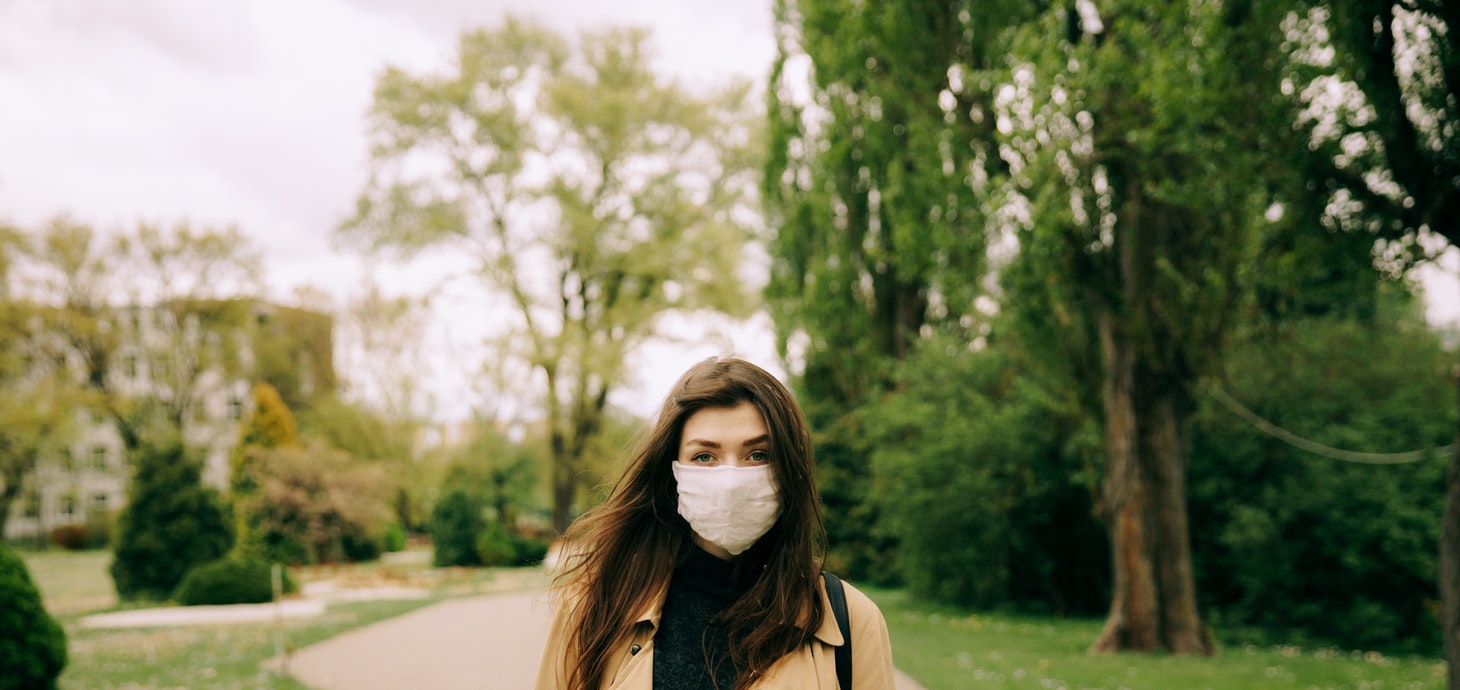
A team of researchers at Swansea University are calling on members of the public to complete a survey about their experiences of wearing face masks during the Covid-19 pandemic.
Funded by Sêr Cymru’s Tackling Covid-19 programme, the findings of the survey will help researchers provide evidence-based advice to the Welsh Government on the use of face masks, and will raise awareness of any potential inequalities surrounding the take-up of face coverings in Wales.
The 15-20-minute survey broadly examines four things:
- Social factors affecting face covering e.g. ethnicity and age amongst others.
- Access to face masks and people’s behaviour and thoughts surrounding face coverings.
- The factors involved in decision making when making or purchasing face masks.
- People’s understanding and sources of information around face coverings and the guidelines associated with these.
Participants who complete the survey will be in with a chance of winning one of ten £50 high street vouchers.
Dr Louise Cleobury, of Swansea University Medical School, said: “The Covid-19 pandemic has brought into stark focus the wide ranging inequalities faced not just in the UK, but across the world. These include ethnicity, income, access to healthcare and healthcare outcomes, disability, gender and access to technology.
"One of the UK’s worst hit places is the south Wales valleys, with Rhondda Cynon Taf having suffered more Covid-19 deaths per capita than anywhere else in the UK since March 2020. Neath Port Talbot, Blaenau Gwent, Bridgend and Merthyr Tydfil are also among the UK’s top six highest coronavirus mortality rates. This has been reasoned to be due to the decades of socio-economic deprivation seen in these areas, and linked to people’s employment, income, and access to transport amongst others.
“Addressing these widening health inequalities and investigating the individual factors associated with face covering adoption, as well as which masks people are wearing and where they are sourcing them, is of great importance and can potentially have a huge impact during the pandemic, particularly where we’ve seen the highest impact amongst those communities with greater inequalities and deprivation”.
Professor Richard Johnston, from Swansea University’s Faculty of Science and Engineering, said: “In addition to the study on potential inequalities around face coverings, we’re also using the advanced microscopy equipment at the Faculty of Science and Engineering to characterise face coverings and masks that the public in the UK are using right now.
"We’ve begun comparing the design and microstructure of a number of widely available masks, which has highlighted huge variability, such as the number and quality of layers, large holes in some types of material. Through the above questionnaire we’re also asking people to let us know what masks they use so we can characterise those too. Knowing what is an effective mask is quite challenging when buying in store or online, and through this research we’ll be able to provide an accessible basic guide so the public have the information to make informed choices when buying masks.”
